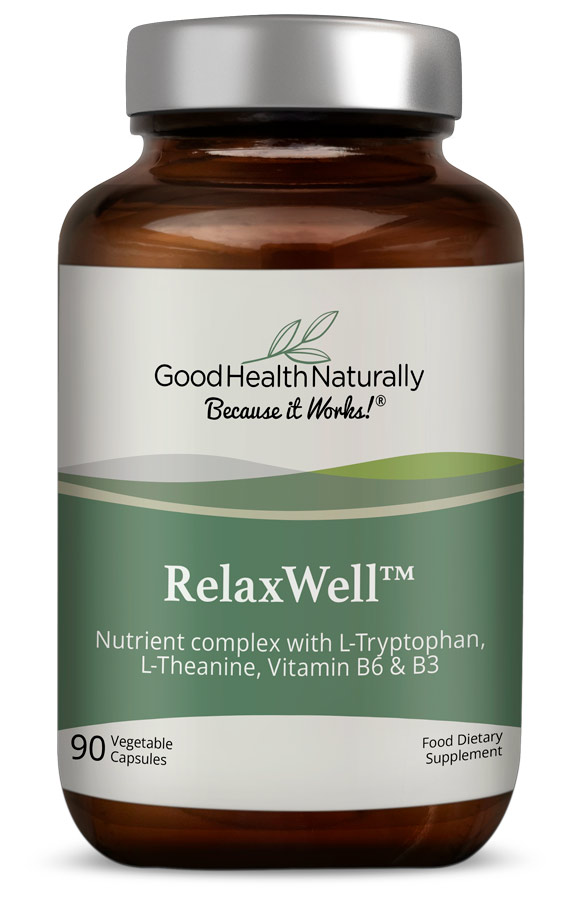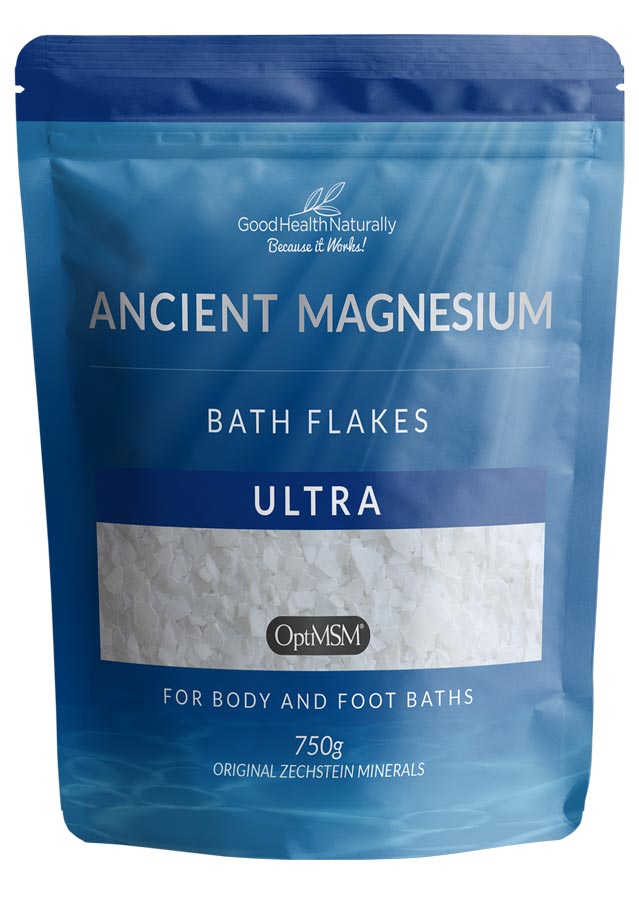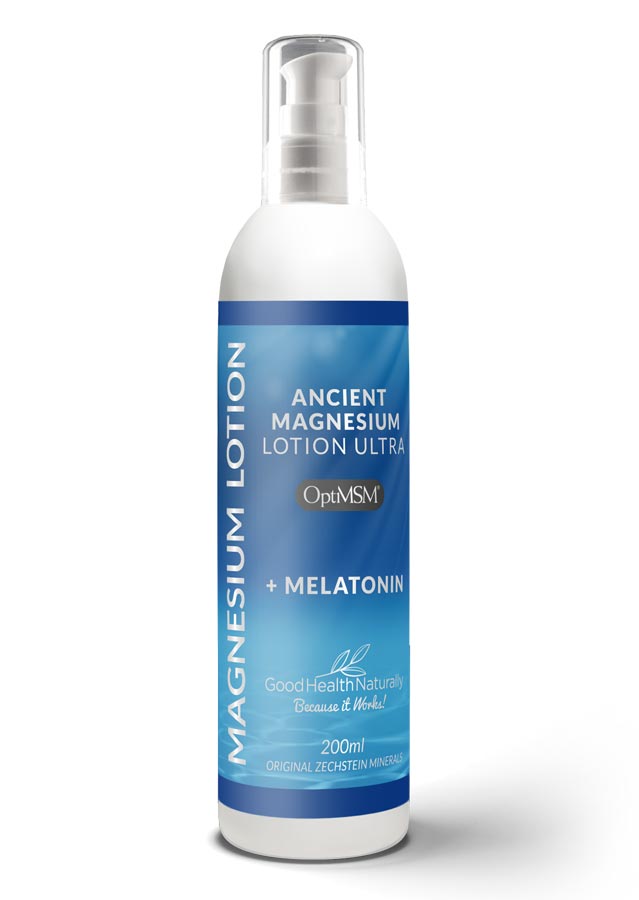Why Good Sleep is Essential
Inadequate sleep can have many far-reaching consequences which shouldn’t be ignored. Even just one night of poor sleep can make you feel less alert, unable to concentrate, irritable and forgetful. It can have the same impact as excessive alcohol consumption on reaction speeds and increases the likelihood of a car crash.
Sleep is a crucial time when complex maintenance is carried out throughout our bodies, such as tissue repair, hormone regulation and memory consolidation. It is when our brains form new connections and clear out toxins accumulated during waking hours, promoting cognitive function and emotional stability. At some points in the night, the brain is just as active as when we are fully awake.
Research has linked inadequate sleep to mood disorders like depression and anxiety. Chronic sleep deprivation has also been associated with an increased risk of neurodegenerative diseases such as Alzheimer’s.
Our blood pressure goes down while we sleep. So, if you have hypertension, poor sleep could make it a lot worse, as any disruption to sleep patterns can negatively impact blood pressure regulation.
Not getting enough sleep can disrupt hormonal balance, increasing hunger hormones and decreasing satiety hormones. Consequently, people may experience weight gain, insulin resistance, and an elevated risk of metabolic disorders like diabetes.
Sleep also plays a crucial role in supporting immune function. Research suggests long-term inadequate sleep weakens the body’s defences against infections.
Adults generally need between seven and nine hours of sleep a night. But figures show many are often managing just six hours or less on a regular basis. Taking the necessary steps to improve insomnia and ensure that you are getting regular, restorative sleep can make a huge difference in your overall health and well-being.
Our Tips on How to Improve Insomnia and Get a Good Night’s Sleep
Aim to go to bed and wake up at the same time every day, even on weekends. It will help regulate your body’s internal clock and enhance the quality of your sleep. Create a sleep-conducive environment by ensuring your bedroom is cool, dark, and quiet. Invest in a comfortable mattress and pillows that support restful sleep.
Before bed, establish a calming pre-sleep routine to signal to your body that it’s time to wind down. Activities such as reading, listening to relaxing music, gentle stretching or taking a warm bath can help promote relaxation and prepare you for sleep.
Be aware of blue light from electronic devices like televisions, smartphones and computers. It can trick our brains into thinking it’s still daytime, reducing the production of sleep hormones like melatonin, which regulates sleep-wake cycles. Try and avoid using them for at least two hours before bed. Or try glasses that block blue light and change your devices to night-time settings.
More than 50% of people who started taking regular exercise experienced improved sleep. Plus, exercise can help to improve mood and reduce anxiety. Both are known to contribute to poor sleep. However, be aware exercising too late in the day may cause sleep problems. This is due to the stimulatory effect of exercise, which increases alertness and hormones like epinephrine and adrenaline.
Eat your final meal of the day at least three hours before bedtime, as eating too late may affect the production of the sleep hormone melatonin. Include sleep-inducing foods such as nuts, especially almonds and walnuts, oily fish and kiwi fruit.
Practices such as mindfulness, meditation, deep breathing exercises, or stretching for muscle relaxation can help quiet the mind and induce a state of relaxation conducive to sleep.
Natural Aids to Help You Get a Good Night of Restorative Sleep
If you have difficulty dropping off and need to improve insomnia, magnesium can be a great option. Magnesium is a well-known natural relaxant. It has a calming effect on the mind, helping prepare your body for sleep. Add magnesium flakes to your evening bath, or apply it topically as a lotion or oil before bed.
Supplementing with the amino acid L tryptophan has been shown to increase sleepiness and decrease the time it takes to fall asleep, particularly in subjects with mild insomnia.
L-Theanine is an amino acid found in green tea known for its calming effects. Studies have shown that L-theanine supplementation can promote relaxation and improve sleep quality. Wakefulness, restlessness and difficulty staying asleep can be caused by too much of the stress hormone cortisol. If your body cannot effectively control this hormone, you may fall asleep easily, but cortisol will wake you up again. B vitamins, especially B3, B6 and B12, may be a good option. They can help buffer the effects of cortisol, allowing you a good night’s sleep. Vitamin B3 and B12 also play a role in your sleep/wake cycle.
To Conclude
It’s crucial to recognise the profound importance of prioritising rest and relaxation. Sleep is not a luxury; it is a fundamental pillar of health that influences every aspect of our lives. So, we all must ensure we consistently work to improve insomnia and get good sleep night after night.







